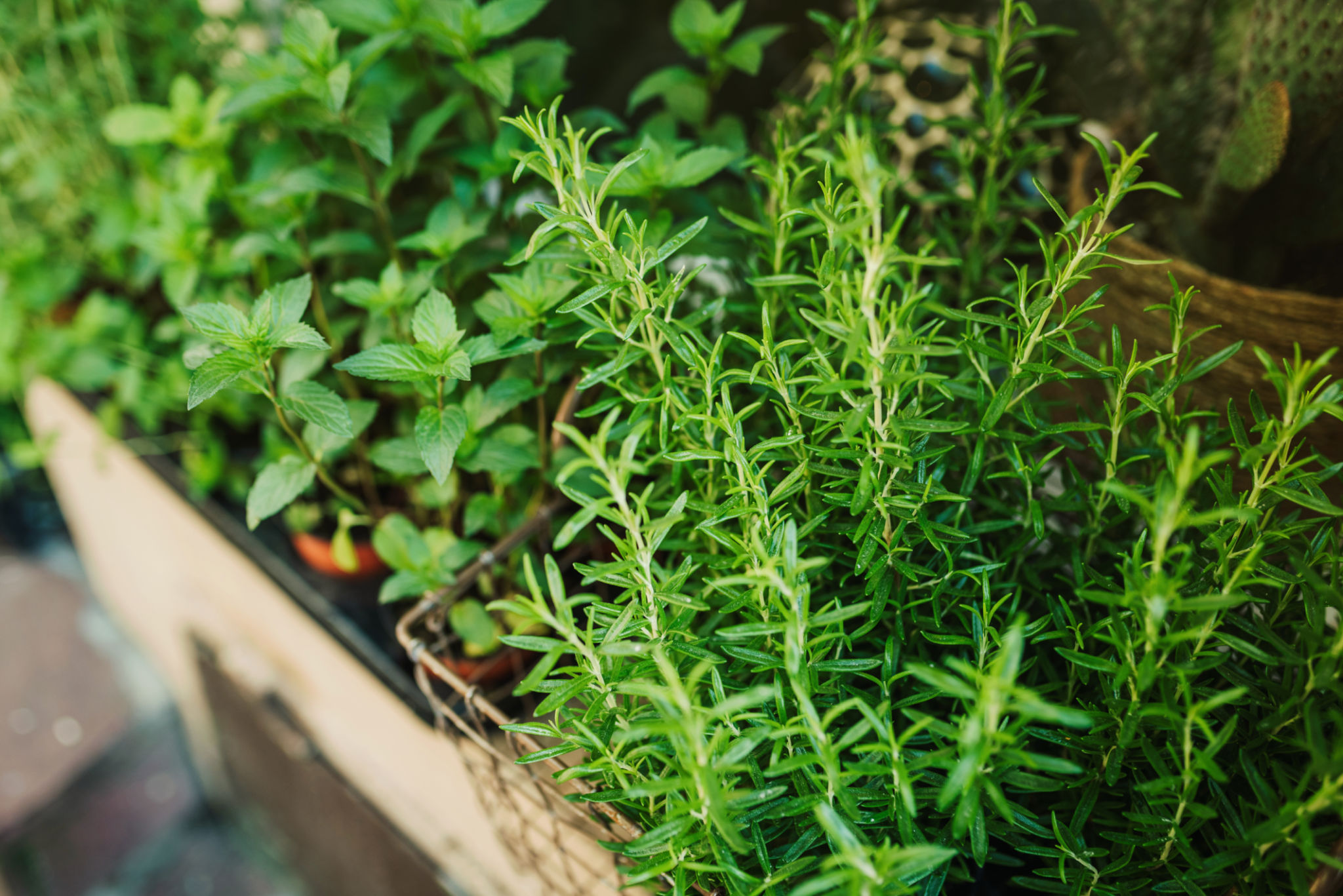Common Mistakes to Avoid When Cooking Italian Cuisine
Introduction to Italian Cooking
Italian cuisine is beloved worldwide for its rich flavors and comforting dishes. However, cooking authentic Italian food requires an understanding of some key principles. To help you on your culinary journey, we’ve compiled a list of common mistakes to avoid when preparing Italian dishes.
Using the Wrong Ingredients
One of the most crucial aspects of Italian cooking is using the right ingredients. Authentic Italian cuisine relies on fresh, high-quality ingredients. Avoid using substitutes for essential items like extra virgin olive oil, Parmigiano-Reggiano, and fresh basil. These ingredients form the backbone of many traditional recipes and should not be compromised.

Overloading on Garlic and Onion
While garlic and onion are staples in many cuisines, it’s important not to overuse them in Italian dishes. In authentic Italian cooking, these ingredients are used sparingly to enhance rather than overpower the flavors. Pay attention to the balance of flavors to maintain the integrity of the dish.
Cooking Pasta Incorrectly
Pasta is a cornerstone of Italian cuisine, yet it’s often cooked poorly. Avoid overcooking your pasta; it should be al dente, which means firm to the bite. Additionally, never rinse pasta after cooking, as this removes its starchy coating that helps sauce adhere better.

Drowning Dishes in Sauce
Another common mistake is drowning dishes in sauce. In Italian cooking, the sauce should complement the dish, not overpower it. Use just enough sauce to coat the pasta or accompany the main dish, allowing the other ingredients to shine through.
Ignoring Regional Varieties
Italian cuisine is incredibly diverse, with each region having its own specialties and traditions. Avoid assuming that all Italian food is the same. Take time to explore regional differences and try to incorporate them into your cooking for a more authentic experience.

Neglecting to Taste and Adjust
Tasting and adjusting seasoning throughout the cooking process is key to achieving a balanced flavor profile in any dish. Don't rely solely on recipes; instead, taste as you go and adjust seasoning with salt, pepper, or herbs as needed.
Skipping Fresh Herbs
Fresh herbs like basil, oregano, and parsley are integral to Italian cuisine. They add a burst of freshness that dried herbs simply can’t provide. Whenever possible, use fresh herbs to enhance the flavor and aroma of your dishes.

Conclusion
Cooking Italian cuisine can be a rewarding experience when done correctly. By avoiding these common mistakes and focusing on quality ingredients and traditional techniques, you can create delicious and authentic Italian dishes that will impress your family and friends.
